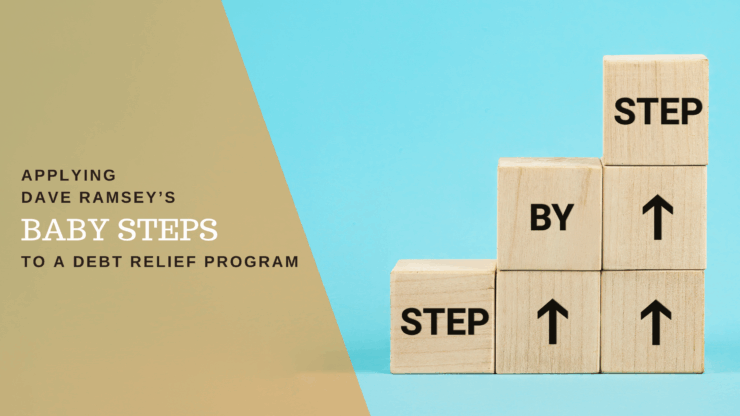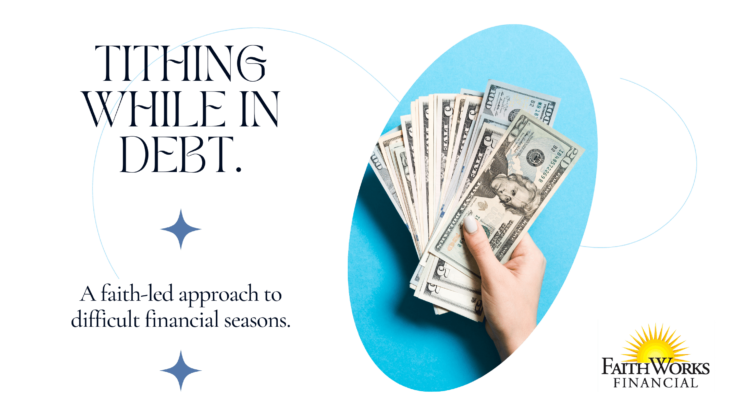In a time when financial stress is high and impersonation scams are on the rise, fake debt collector calls are becoming alarmingly common. Scammers impersonate legitimate debt collectors to scare consumers into paying debts that may not exist. These fraudulent callers prey on fear and confusion, hoping to trick consumers into handing over money or sensitive information.
If you’ve received a suspicious call about a debt you don’t recognize—or felt pressured to pay a debt on the spot—this guide is for you. We’ll show you how to spot the red flags of fake debt collectors and protect yourself from scam tactics. FaithWorks Financial is not a law firm, and this information is not intended as legal advice.
Continue reading









